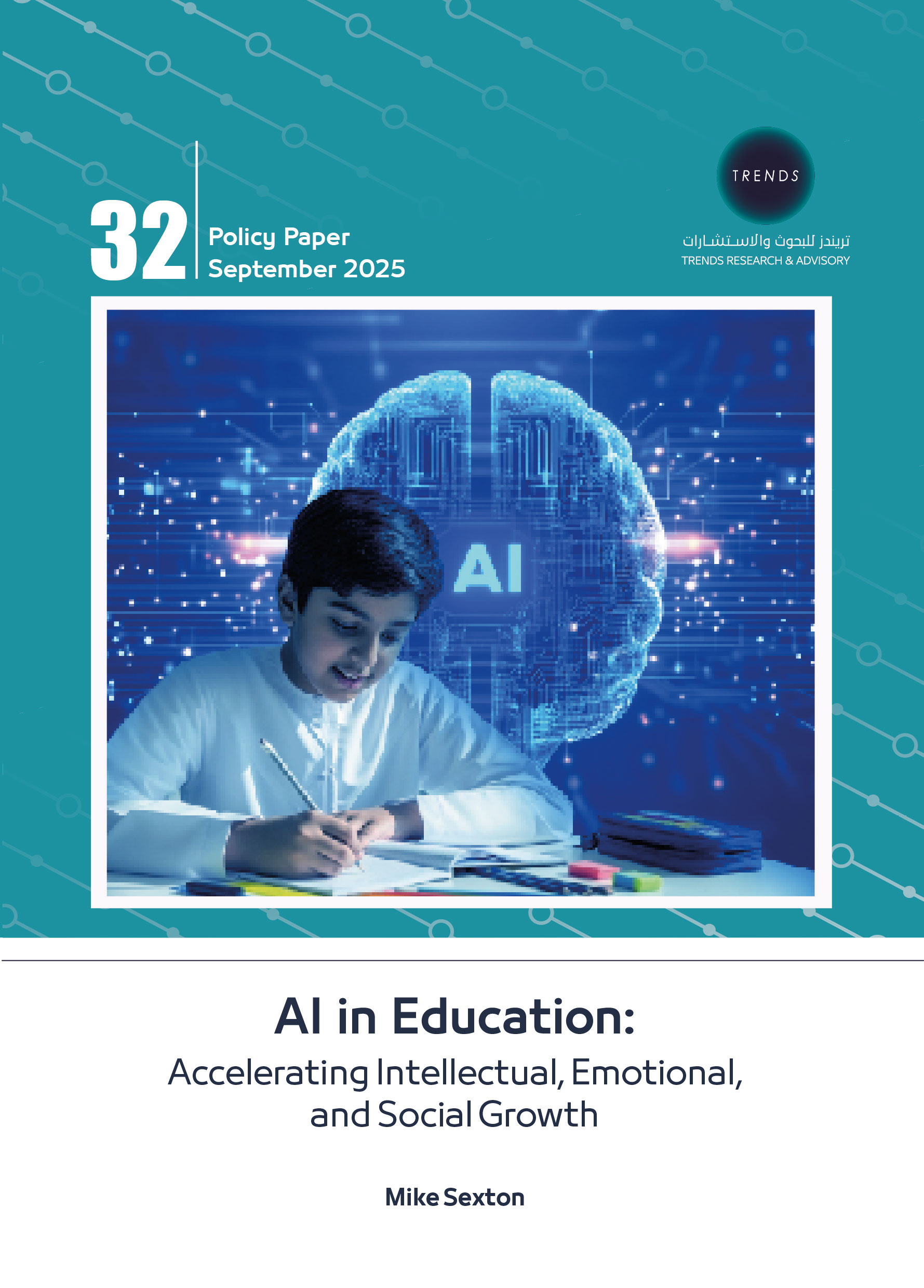The integration of artificial intelligence (AI) into education presents a transformative opportunity to dramatically enhance intellectual, emotional, and social development among students. As an unprecedented engine of educational change, AI tools like Khanmigo have the potential to solve Bloom’s two-sigma problem by providing universal access to personalized tutoring previously available only to the privileged.
AI’s benefits extend beyond mere academic achievement, reshaping schools into environments that foster creativity, emotional intelligence, and intrinsic motivation. By harnessing AI, educators can balance proficiency-based curricula with personalized growth, employing strategies like continuous incremental improvement (kaizen) and gamification to maintain motivation for students at all performance levels. Moreover, self-paced, AI-guided learning particularly benefits gifted and neurodiverse students, enabling them to advance academically and cultivate unique passions.
To realize AI’s full potential, the role of teachers must evolve from traditional instruction toward mentorship, classroom management, and emotional development. This shift emphasizes human oversight, accountability, and responsibility in educational settings, reinforcing human connections essential for holistic student growth.
Recognizing the psychological harm from excessive digital exposure, this paper advocates for substantial screen-free instruction and stringent cellphone bans within schools. Subjects like literature, languages, and social studies particularly benefit from human-led, in-person interactions, fostering richer discussions, cultural understanding, and emotional depth. Furthermore, AI-powered guidance counseling solutions, exemplified by the proposed Guidancy platform, promise revolutionary improvements in student mental health services, delivering proactive, scalable, and equitable emotional support. Rigorous privacy and ethical standards must accompany AI integration, safeguarding student data and mitigating risks such as AI-driven sycophancy.
In conclusion, this paper offers actionable policy recommendations to guide the educational community toward a thoughtful, equitable, and effective integration of AI, ensuring every student can reach their full potential in an AI-enhanced future.





